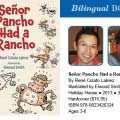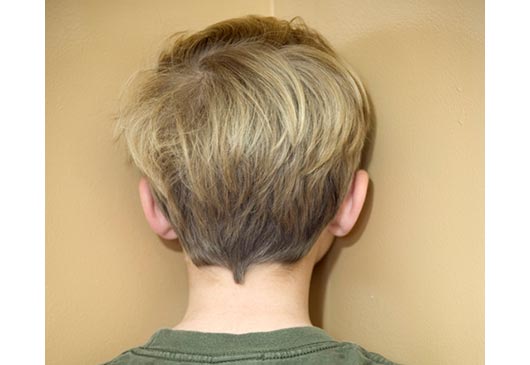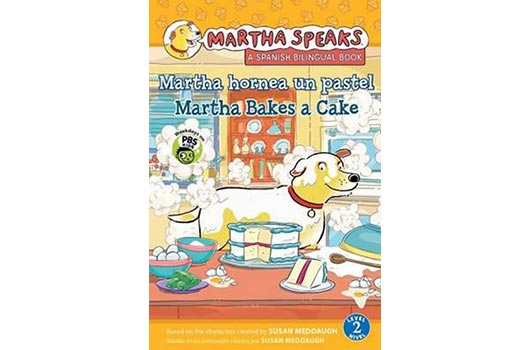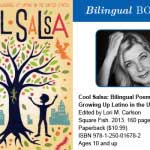
If your experience as a new mom is anything like mine, you get plenty of unsolicited advice, especially when it comes to raising your kids bilingual. When people learned we were raising our daughter bilingual English/Italian, one of the first things I heard was, “Oh, she’ll start to talk later.” Some people even said, “Oh poor thing, she’ll be so confused.” I knew then, as I know now, that raising her bilingual was one of the greatest gifts we could give her, but I decided to learn more about this idea that bilingual babies will be speech delayed.
Read Related: Bilingual from Birth: Raising My Son in Two Languages
It makes sense, I suppose, to consider that an infant who is learning to process two languages may be a bit confused with all that extra information to sort through. That might make her start to speak later, right? Well, it turns out that the “every child is different” rule applies as readily to bilingualism as it does to when baby gets her first tooth or takes her first steps. Every child is different, and her pace of language development is as unique as her fingerprints.
Speech development experts tend to agree that a bilingual child’s speech may be slightly delayed relative to her monolingual peers. But that’s not because she’s confused, it’s because her brain is working harder (and developing more coping and problem solving skills along the way) to process the double set of information she’s receiving. She’s sorting out codes (language) she hears from both parents, putting them in the category they belong (in our daughter’s case, in the English or Italian file), and learning when to pull them out when it’s needed. A speech delay, if present, is likely to be no more than a few months, and still within the normal range of infant speech development. And all the while, Baby is listening and processing the information she receives.
A genuine speech delay occurs when a baby fails to reach speech milestones in either language. Bilingualism itself is not the cause of speech delays. If you have reason to be concerned and you take your child to a speech therapist who urges you to speak just one language to her, it’s time to switch therapists, and seek out someone who is an expert in working with bilingual children.
Our daughter started speaking well within a normal time range, though her first words and her growing vocabulary—she is now two—are almost entirely in Italian, the language she hears the most. Still, I speak only English to her, and she understands what I say and responds to me in Italian. Often, when she responds with “Si,” to a question I’ve asked her, I’ll tell her, “Say yes!” and she’ll reply with an exasperated, “Yesh!”
She occasionally mixes the two languages in the same simple sentence or phrase, but again, experts concur that this is normal and nothing to worry about. It’s called “code mixing” and it’s actually an early sign of growing bilingual proficiency. By the age of 4 or so, she should have her codes sorted out, be fully bilingual and able to distinguish between and respond in both languages with equal ease.
Maybe then can I tell the naysayers, “I told you so!”












